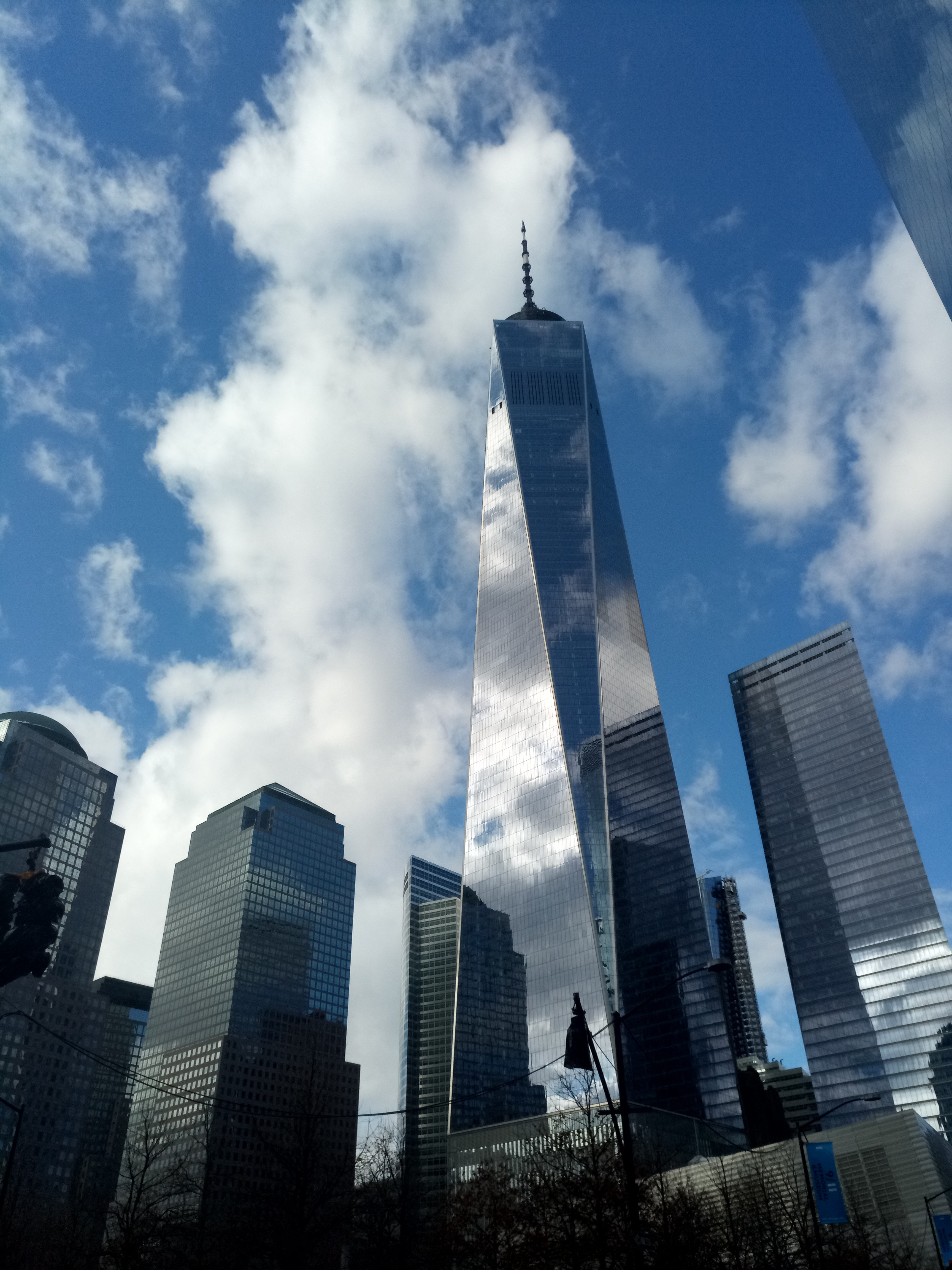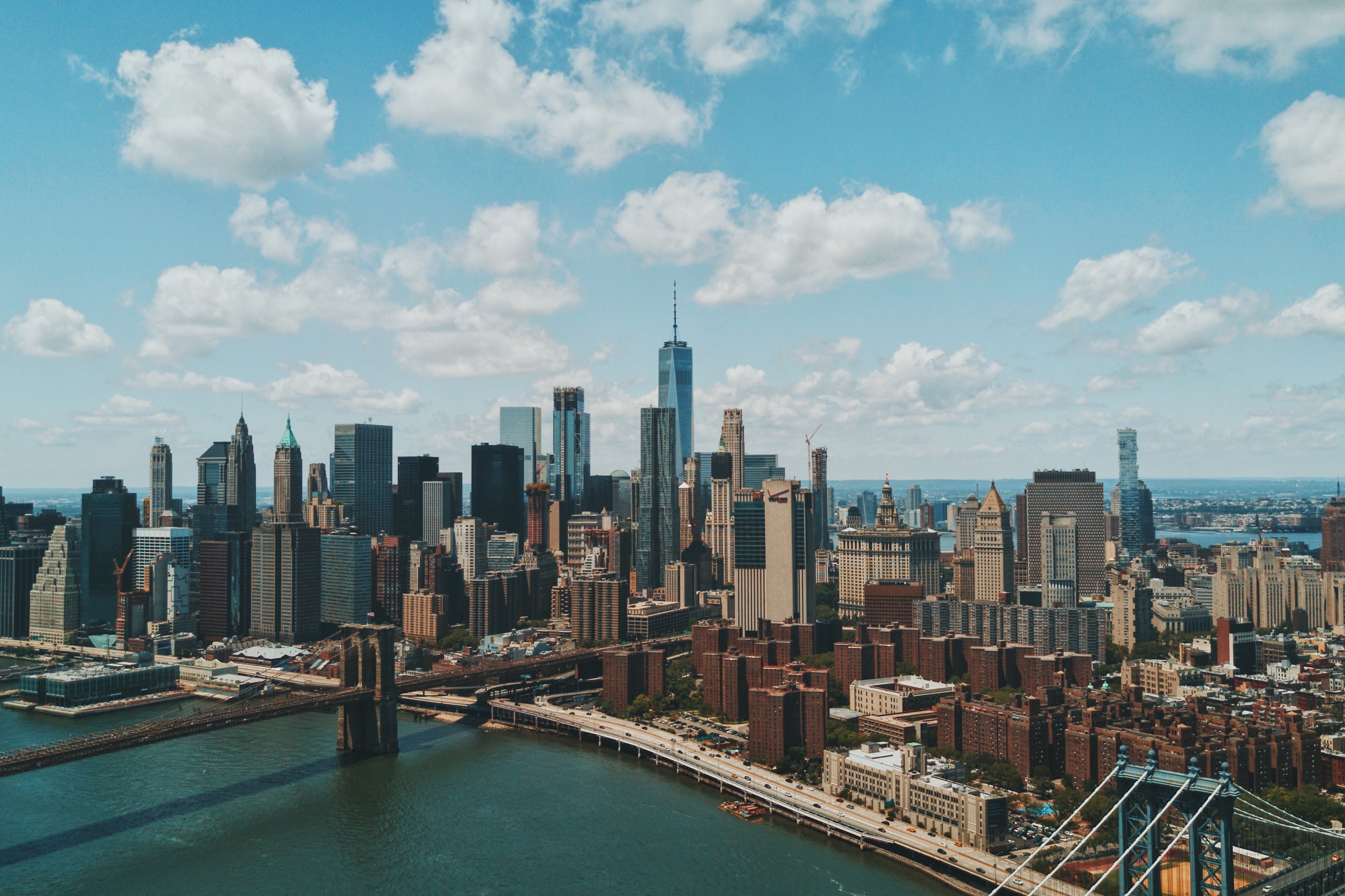Name: Nicemode Charles
Class: GBL 102F
Professor: Dr. Anne Beidler
Date: 5/3/2018
The effects of Colonialism and Globalization on Developing Nations.
“However creatively one travels, however deep an experience in childhood or middle age, it takes thought (a sifting of impulses, ideas, and references that become more multifarious as one grows older) to understand what one has lived through or where one has been.
(Naipaul 1986)
I was born and raised in Tanzania, a country located in the tropical region of East Africa. I am the first born, my younger sister is sixteen years old and my parents live with her back in Tanzania. My parents raised both of us in a small town called Morogoro that is mainly surrounded by mountains with little to no signs of globalization. When I was 18 years old, The International School of Tanganyika offered me a full scholarship to attend high school in an IB Program and later apply for Universities abroad. My parents supported me as I moved to live in a big city with host parents that supported me throughout my high school education. This was a major turning point in my life as this was a point where I learned to transition into a very new and different environment full of diverse culture. One thing I can say about myself at that time is that I was a very shy and quiet person, insecure about the language barriers I faced at school, the culture shock and felt out of place all the time. I did not go through all of this alone as my counselors and friends helped me adapt by welcoming me into their society and teaching me different ways of doing things. Studying at a diverse school for two years with different students coming from all over the world to Tanzania made me understand the world from their point of view. I learned to make friends, learn things about their culture, how they do things and hence I became open-minded about the global issues we face today. Coming to Agnes Scott College is my travel abroad experience and the main thing that motivated me to come here is how they empower women to become global leaders. There are many things in my past that contribute to the person I am today and the main things they taught me were to being confident in who you are, hold on to your core values and always be ready to become a learner as you travel the world and meet new people. Traveling the world has made me see how globalization has different effects in developed and developing countries. In addition to that, traveling has also made me see the aftermath of colonialism in nations that were once colonized but still undergo neo-colonialism.
I personally resonate with the reading Oyinbo by Manyika because there are certain aspects of Nigerian culture that are similar to Tanzanian culture. As a child leaving in a country where race is not an issue we use the word similar to “Oyinbo” that is “mzungu” which means white. This word is just used to describe people with a lighter skin tone and it is not connected whatsoever to race. Coming to the United States has made me aware of the race issue as it is a very controversial and sensitive topic. In the few classes I have taken, I learned more about the history of immigrants and black Americans who were sold as slaves in different colonies. Race being a sensitive topic here has made me become aware of what I say to describe people’s appearance fearing that I may cause an unintended argument. This made me think how foreigners feel when they are in a country that is different from their origin. In my perspective, I think “mzungu” is a word that symbolizes many things in my country. Firstly, it shows how different, superior and rich a person is. Tanzania has been colonized by both British and German before independence and this same word, “mzungu” was used to describe missionaries, traders, and explorers from the west. It comes with this understanding that in most cases tourists from the west are normally treated like Kings and Queens when they visit Tanzania because of the historical connotation of people’s experience. Missionaries, Traders, and explorers came to Tanzania with different ideas, different ways of doing things that influenced the natives. Colonies led by the western countries also introduced fear through their divide and conquer tactic among natives during colonialism. I think that it is still this fear that is passed on to different generations that makes natives treat people from the west with respect out of the ordinary. This may be because they feel inferior due how their ancestors used violence on the natives in the past or sometimes people just fear something that is different from them, something they do not understand. As Manyika pointed out in her reading, Neocolonialism is still present in developing countries like Tanzania as we depend heavily on developed countries for new technologies in developing our agricultural sector and loans or aids in funding different sectors like the health sector. This help comes with a lot of conditions and restrictions which can affect the countries freedom to serve its people. The developed nations may influence developing countries to loosen its trade barriers, allowing more imports in the country than exports making its economy dependent on goods produced abroad. Hence we see from my experience living in Tanzania, how I was exposed to race issues and my insights on how colonialism and neocolonialism affect the freedom of citizens and governments in Developing Countries.
This spring break I traveled with an amazing group of students and professors to New York City. This was my first time to step foot in a big city where I got a chance to explore different places like museums, Broadway streets, Chinatown, Ellis Island, and experience my first ever Broadway shows. Before I enrolled in the Global class my perception of New York City was the fact that it has many skyscrapers that look bright and beautiful at night with their lights on. I was not aware of the history of the immigrants that played a huge role in building the city. Neither was I aware of the role of globalization on women’s oppression or how colonialism affected different immigrants coming to New York City in hopes of a better future. From this trip, I learned so many things that motivated me to travel more and discover stories behind everything we see around us. Traveling helps us understand the history of the natives, their culture and the challenges they faced. Traveling to New York made me understand how it is full of a very diverse culture than any place in the world and we see this by the different streets and communities that are similar to their original countries. For example, Chinatown is full of Chinese immigrants who came to America in search of a better life and we see how the streets, the food, and the architecture around Chinatown bring out the Chinese culture. I was also able to see the positive and negative impact of globalization after seeing the highest buildings in the trade center and visiting the memorial of the 9/11 victims.
I think globalization is very important because of the resources it allows us to gain, such as medical equipment that helps save lives in hospitals, computers, which make the learning process at school more productive and other technology innovations that improve quality of life. Globalization also helps improve the economy of a country as the exchange of goods becomes easier and transport is also made possible between different parts of the world. We see this in the reading, “The Noble feat of Nike” by John Norberg where workers in Vietnam benefit from working in the Nike factory by making monthly wages, depending less on their farm produce and being able to send their children to school. John Norberg showed how the average pay of a Nike factory worker was higher than a state-owned worker which provides worker satisfaction and attracts more people to come work in the factory. The presence of good machinery and free trade in Vietnam due to globalization also increases the productivity of Nike goods increasing their revenue which makes it possible to increase the average wages for local workers. This is an example of a positive effect of globalization as it keeps women from being unemployed or doing hard labor on the farm with little or no income to support their families.
The major negative effects of globalization is that there is always an inferior group that is affected, in this case, developing countries. Most of these developing countries have been colonized and left in debt with problems that take the local governments many years to solve. As a case study in our class, we watched a movie called “Life and Debt” showing how Jamaica was affected by globalization and colonialism. The government in Jamaica after getting their freedom from colonists had to ask the World Bank for help in paying their debts. The world bank helped them with this but they also made them free their trade barriers to allow cheaper goods in their market from other suppliers. This act affected the local entrepreneurs, especially farmers and the local milk industries, as they were competing to sell their goods in a market that was flooded with cheaper goods that were imported. This killed local industries led to the loss of jobs and resulted in workers being unable to support their families anymore. Another threat of globalization in Jamaica was the exploitation of local people by big International industries as they wanted cheap labor from them with very little payment. This made people in Jamaica work in hard conditions and barely support their family with the low income they get. We saw the same case of exploitation when we were studying the history of women workers in New York City in the triangle factory incidence. These women were working for one of the largest fashion industry in very poor, congested working conditions with very little pay. These women tried to fight for their rights but the owners of the industry corrupted the law enforcers and in returned they silenced women who tried to protest by using force. The triangle fire incidence led to the death of many women who were trapped in the industry as they were locked inside and could not escape the fire. This raised awareness to many people in New York City about the working conditions of the industry hence laws were later formed to protect workers from being paid low wages and working in a terrible environment.
Globalization is only beneficial to develop countries if it improves the welfare of its citizens and allows the country to gain access to advanced technology to improve its agricultural, health and education sectors. Globalization can also protect developed countries if the trade policies allow these countries to produce more goods and services and sell them to other nations, supporting the local people and their families. This leads to the growth of the nation’s economy as there will be more exports than imports, increasing the revenue of citizens and hence allowing children to go back to school. Neocolonialism is still present in developing countries and this is because most of these countries are not globalized yet. They have poor infrastructures, inexperienced manpower and lots of debts that push them to ask for help from developed nations. This can lead to both negative and positive effects to a country as developed nations may help these countries pay their debts but in turn may input policies in those countries that only benefit them in the long run. Therefore, globalization can lead to oppression and neocolonialism in the long run for developing nations.
(1967 words)
References
Norberg, Johan. “The Noble Feat of Nike.” The Spectator. June 7 2003. <http://www.spectator.co.uk/2003/06/the-noble-feat-of-nike/>.
Manyika, Sarah. “Oyinbo.” Problematizing Blackness: Self-Ethnographies by Black Immigrants to the United States. Ed. Percy Claude Hintzen and Jean Muteba Rahier. New York: Routledge, 2014: 65-83.
Life & Debt. 2001. Dir. Stephanie Black. (Feature-length documentary about how IMF and World Bank policies affect developing countries such as Jamaica. Based on Kincaid’s Small Place.)


